The Cobra’s Gaze: Exploring India’s Wild Heritage
In The Cobra’s Gaze, award-winning writer Stephen Alter takes us on an astonishing journey of discovery through the wild places of India. As we accompany him on his quest to uncover multiple layers of meaning associated with the flora and fauna of the country’s woodlands, mountains, rivers, deserts, and coasts, we meet, among others, king cobras, the largest venomous snakes in the world, in the steamy rainforests of Karnataka; snow leopards, the elusive grey ghosts of the mountains, making their solitary way through the vastness of the Himalaya; rare crocodiles and blind dolphins in the Chambal ravines, once the haunt of dacoits; man-eating tigers stalking their prey in the mangroves of the Sunderbans; and Kottigehara dancing frogs trembling on the verge of extinction in the Western Ghats. We travel through coastal areas smudged with the roseate hues of flocks of flamingoes; the dry scrublands of Gujarat that echo with the roar of Asiatic lions found nowhere else on earth; grasslands and arid jungles where imported cheetahs struggle for a foothold; dense habitats in Assam that are home to killer elephants and singular species of birdlife; and scores of other places in which the last remaining animals and wildernesses of the country cling on in the face of the depredations of man.
India has always had a strong spiritual connection to nature, and the writer delves deep into myth and religion to show how reverence for the environment has been an inalienable part of our heritage. Yet, today, in the name of progress and civilization, the wilderness is being laid to waste despite the efforts of pioneering conservationists like Salim Ali, Billy Arjan Singh, M. Krishnan, Jim Corbett, Hugh Allen, and their present-day counterparts, all of whom come alive in the pages of the book. As our cities and towns reel under pollution, the groundwater everywhere is contaminated, and enormous tracts of the country are devastated by floods and fire, the writer shows us the importance of ecological awareness, and why the preservation of nature is key to our own survival. Throughout the book, he seeks to experience our fundamental connection to other species, so we are able to understand how we are inextricably linked to the larger natural world and why it is important for us to share the earth equitably with other life forms.
Timely and profound, The Cobra’s Gaze is a work of enormous power. Even as it celebrates the incredible wildlife and wild places of India, it is an urgent call to save them before it is too late.
Get it now and save 10%
BECOME A MEMBER

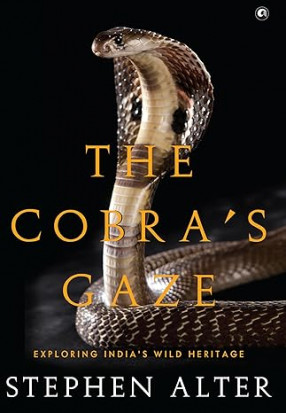
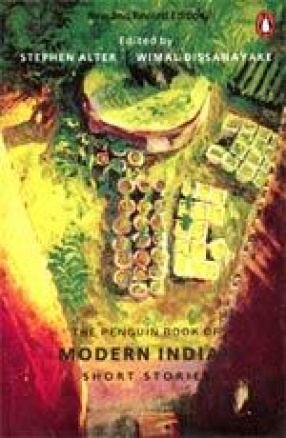
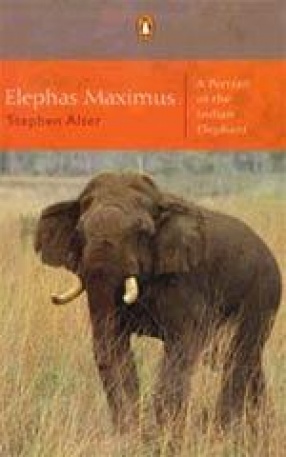


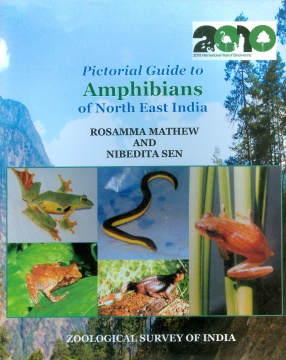
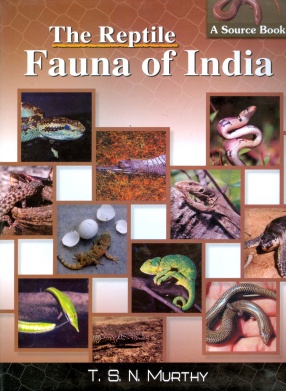
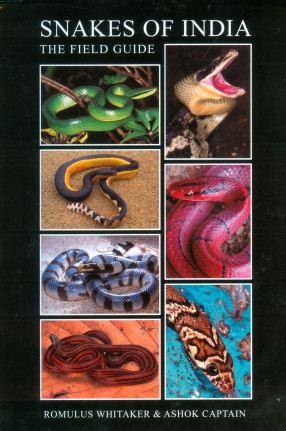
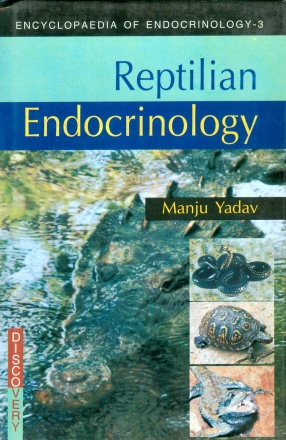

Bibliographic information